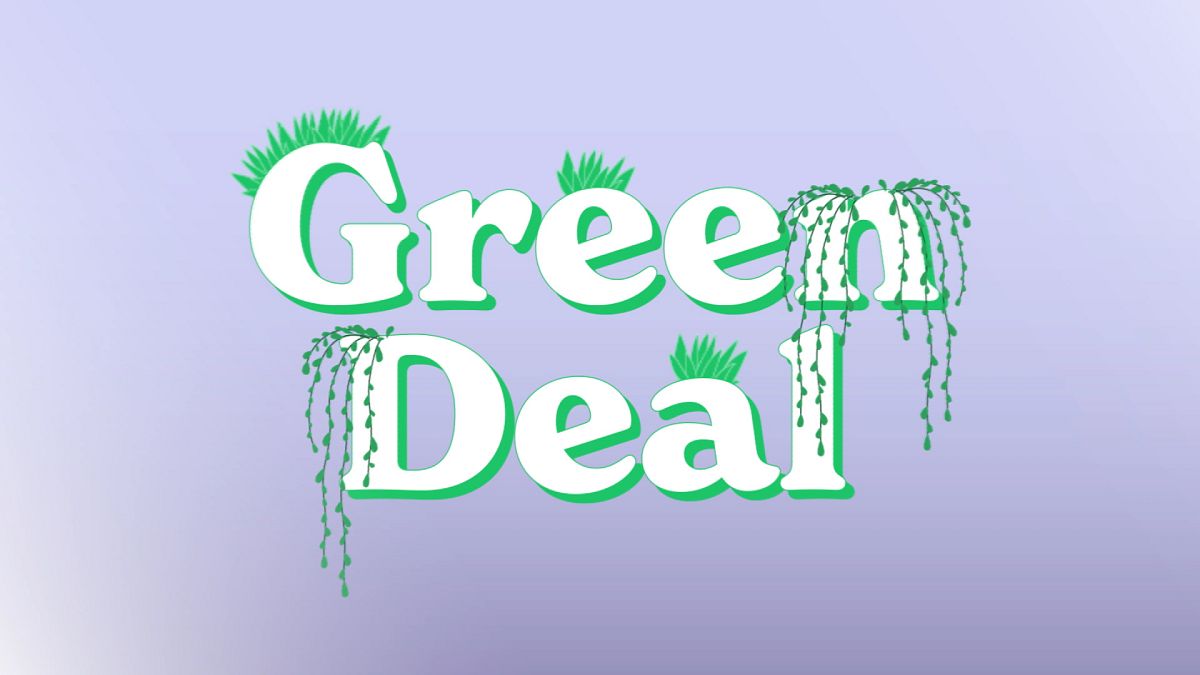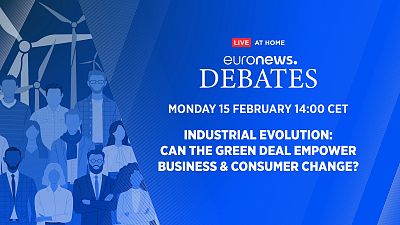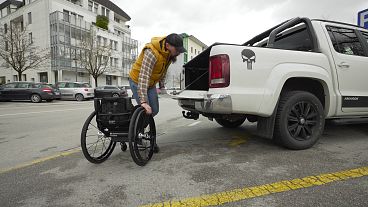What is the EU Green Deal, how will it help Europe and can it cushion the effects of the pandemic on our economy and unemployment? We explain the deal and its nuances with the ESF+.
How will the Green Deal affect European citizens?
The Green Deal is the EU’s ambitious initiative to become the first climate-neutral continent by 2050. It was signed off at the end of 2020 and is the EU’s priority for its seven-year budget which begins in 2021.
What’s the big deal?
It aims to transform Europe’s economy into a sustainable one from production to consumption, boosting the efficient use of resources, minimising waste and cutting greenhouse gas net emissions to zero.
A Climate Law, making the deal a legal obligation, is expected in the first half of 2021. Portugal has said this will be a priority for its six-month rotating EU presidency which began on the 1st of January 2021.
Sounds good, but are there any issues?
The move towards a low-carbon society is likely to put more of a burden on regions, countries and industries that rely heavily on fossil fuels.
The EU has said that the transition to a green economy must be “just and inclusive for all” and it is thus providing more than €100 billion to help regions that are most affected by the move to a green economy,
What’s the European Social Fund got to do with it?
The European Social Fund (ESF), now the European Social Fund plus (ESF+), is the EU’s main financial tool for building a more inclusive Europe. It funds projects across the EU, promoting employment and social inclusion.
Over the next seven years, it is investing more than €88 billion. This will help create new green jobs, support education opportunities and train people in new skills, as the economy moves towards a green and digital one.



